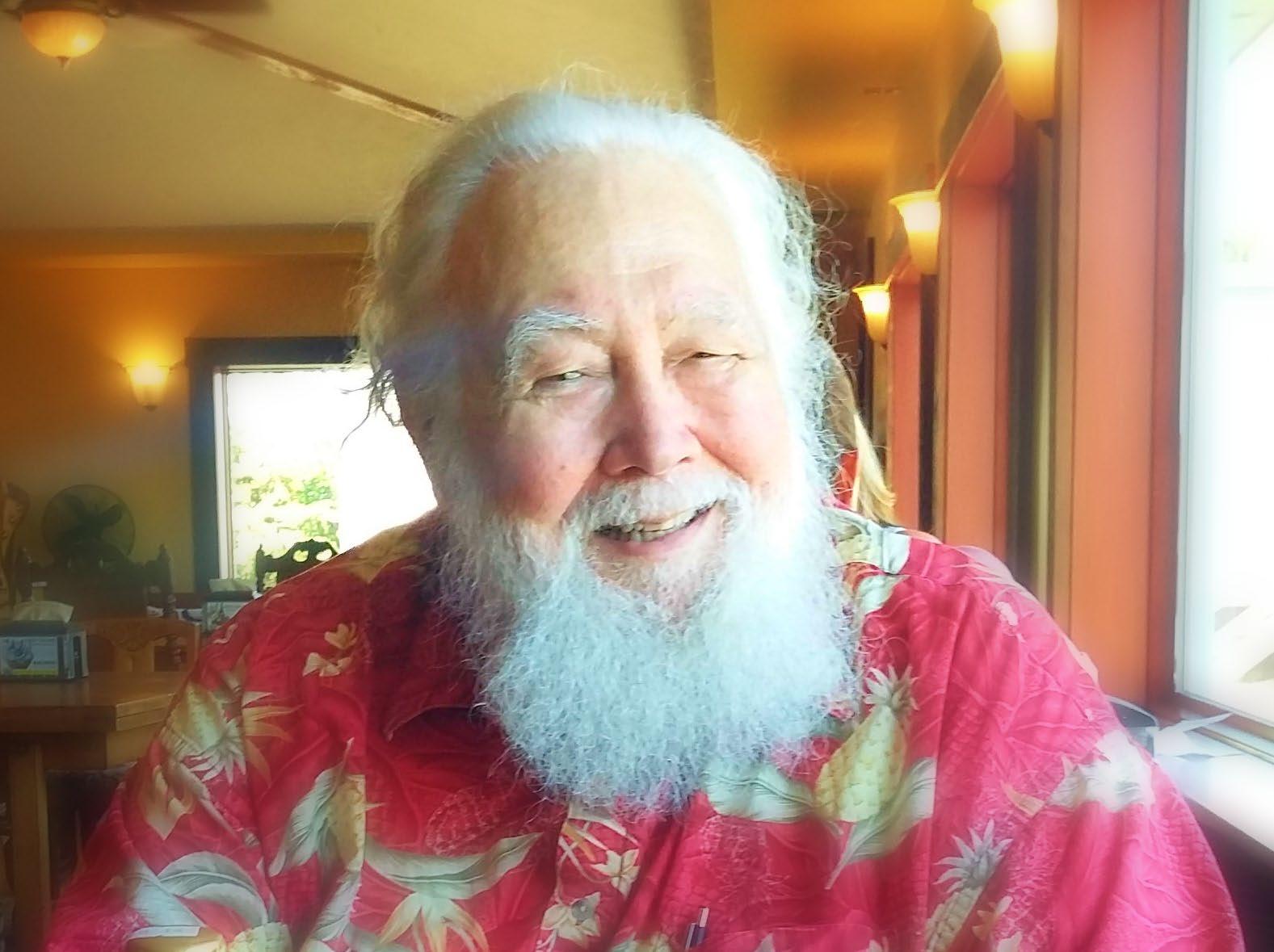
1 minute read
THE HEALING ARTS OF HAWAII Pohaikalani
Hāloa.
The plant of the Hawaiian lifeblood garden. The plant of the Kanaka (humanity) lifeblood.
Advertisement
Hā means breath. Loa means long.
That is what Hawaiians take whenever they enter a garden of kalo. Taro.
Take a deep breath. Hold. Breathe out.
Hāloa is our mystic first brother. He is the giver of food for perpetuity.
I was not sure what I would write about in this sharing until I ventured into our community garden and realized that we had kalo growing in almost every garden plot.
What a lovely story that becomes.
Do you see its heart shaped leaves?
Do you see its piko (belly button)?
Look closely to see its veins. So much like you and me. Its leaves are called lau. Nice flat and spread out.
You cut right below the leaf when picking it to keep the leaf intact for making lūʻau, a spinach mixed with creamy coconut milk, what a beautiful form of nutrients for your body this food gives!
The huli is the stem portion of the plant. It too is edible, but not my favorite part. It is like a part of you that has toughened through time, but it still serves a purpose. What could that be for you? I wonder…
The oha of the corm is a little bit of stem and a scalping of the corm. That is then replanted for the next generation to crop. Oha is where the word Ohana comes from meaning family. The oha grows profusely on the kalo stalk.

The corm is the kalo corms main gift.
Once it is cleaned, it is then cut and boiled. We eat it as a potato side dish. Hawaiians enjoy it with fish as a blended poi dish. This takes quite a liking for some to enjoy, I would say it is an acquired taste. This paste is mixed well with coconut milk and given to infants as a first cereal.
Take a deep breath.
Hold.
Breathe out.
I would suggest a spiritual journey to visit our brother plant Hāloa. If possible, join me as I beat a rhythm upon the ipu heke, the Hawaiian double gourd. As you come to meet Hāloa, ask your questions about your connectedness to this magnificent plant.
The answers are just for you.
Amama Ua Noa.
And so it is.
Pohaikalani
Edited by Antonella Vicini











